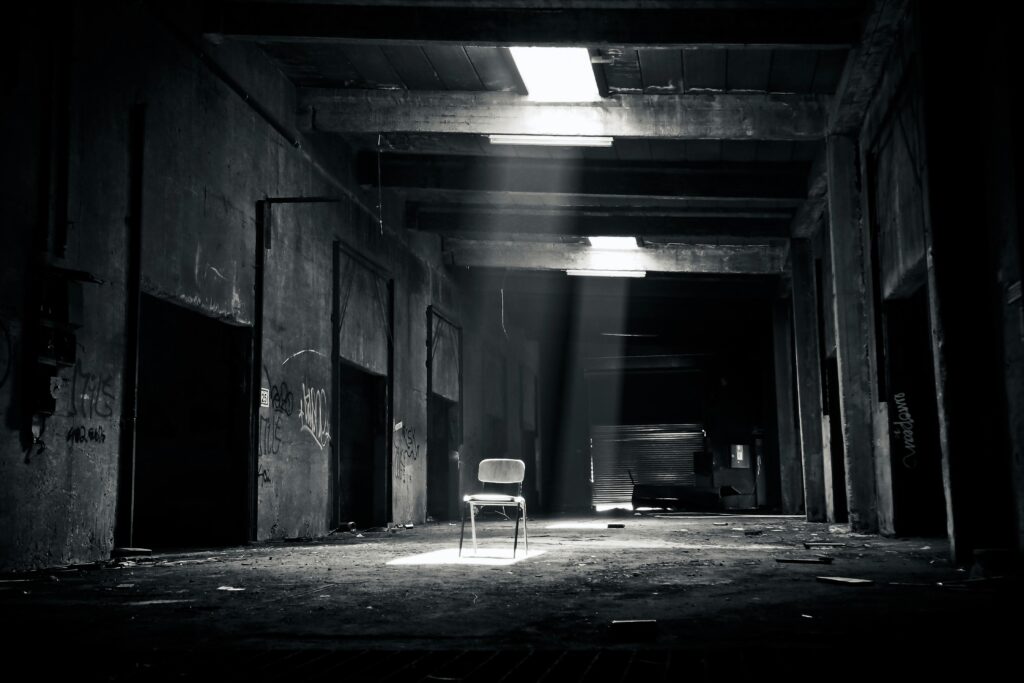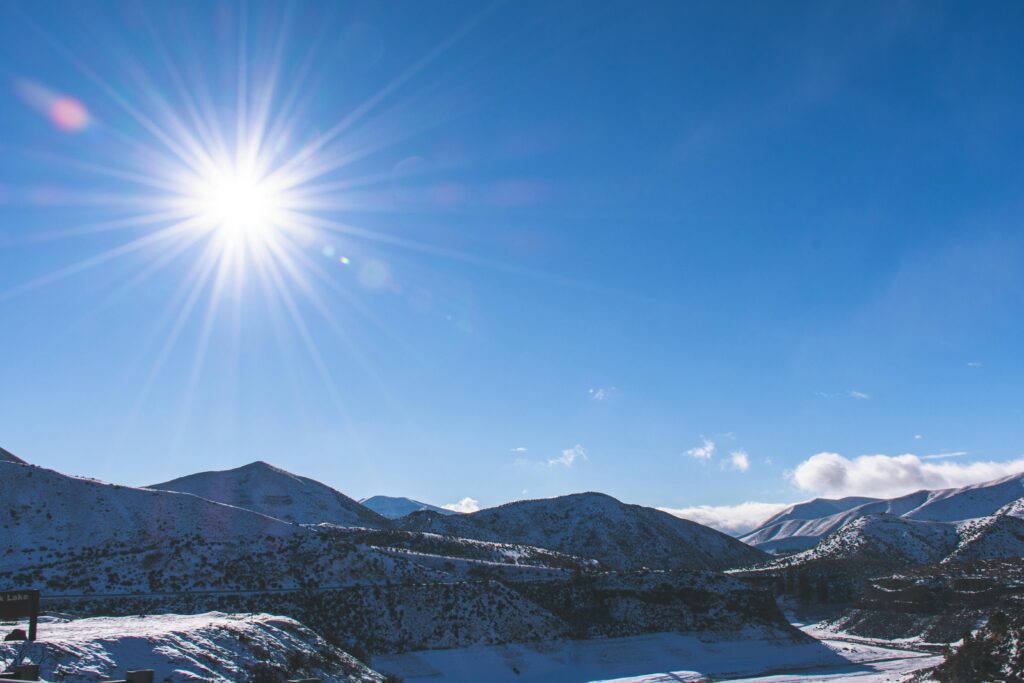In the enigmatic realm where the veil between the seen and unseen blurs, paranormal research organizations stand as vanguards of exploration and understanding. These dedicated groups of investigators delve into the mysteries that elude conventional explanation, probing ghostly apparitions, inexplicable phenomena, and purported supernatural occurrences with a blend of scientific rigor and open-minded inquiry.
At the heart of paranormal research organizations are the investigators themselves—individuals driven by curiosity, a thirst for truth, and often a personal encounter that sparked their journey into the unknown. These investigators come from diverse backgrounds, encompassing fields such as psychology, engineering, and even clergy, each bringing unique perspectives to the table. What unites them is a commitment to methodical investigation and a readiness to challenge preconceptions.
One prominent example is the Paranormal Research Society (PRS), founded by renowned investigator Ryan Buell. Buell’s team gained fame through their investigations featured on television, where they applied a structured approach blending technology with psychic sensitivity. Their methods typically involve using electromagnetic field detectors, infrared cameras, and voice recorders to capture evidence that may validate reported paranormal activity.
Another notable organization, the Society for Psychical Research (SPR), boasts a rich history dating back to 1882. Initially focused on investigating spiritualism, the SPR has evolved to study a broader spectrum of paranormal phenomena. Its members include scientists, philosophers, and scholars who rigorously analyze reported cases of hauntings, telepathy, and poltergeists through empirical research methods.
The diversity of approaches within paranormal research is evident in organizations like the International Ghost Hunters Society (IGHS), which emphasizes education and outreach alongside investigation. Founded by Dr. Dave Oester, IGHS encourages amateurs and professionals alike to contribute to the field through training programs and collaborative investigations. This inclusive approach aims to demystify the paranormal while fostering a community of informed researchers.
Behind the scenes, these organizations adhere to ethical guidelines to ensure the integrity of their findings. Investigators strive to rule out conventional explanations before considering paranormal causes, employing critical thinking and skepticism as essential tools. They document their findings meticulously, seeking patterns and correlations that might reveal insights into the nature of paranormal experiences.
Technological advancements have revolutionized paranormal investigation, allowing for more sophisticated data collection and analysis. Thermal imaging, motion sensors, and environmental monitoring devices enable investigators to gather empirical evidence that supports or challenges reported paranormal claims. This intersection of science and the supernatural reflects a modern approach to understanding phenomena that defy conventional understanding.
Yet, the work of paranormal investigators extends beyond gadgets and evidence collection. It involves engaging with eyewitnesses, empathizing with their experiences, and providing reassurance or explanations where possible. Empathy and respect for the beliefs of others are crucial facets of the investigator’s role, bridging the gap between skepticism and open-minded inquiry.
Critics often question the validity of paranormal research, citing the subjective nature of personal experiences and the potential for misinterpretation. However, proponents argue that rigorous investigation, coupled with advancements in technology and methodology, offers a path toward unraveling mysteries that have intrigued humanity for centuries.
In conclusion, paranormal research organizations and their investigators represent a dedicated community exploring the fringes of human knowledge. Their work combines scientific inquiry with compassion and a commitment to uncovering truths that transcend the ordinary. Whether debunking myths or validating paranormal claims, these organizations play a pivotal role in shaping our understanding of the mysterious forces that may inhabit our world.
As the field continues to evolve, so too will the methods and motivations of those who dare to explore what lies beyond the veil of everyday perception. Paranormal research organizations and their investigators stand as beacons of curiosity, inviting us all to contemplate the possibility that the unexplained may hold keys to deeper truths about ourselves and the universe we inhabit.










